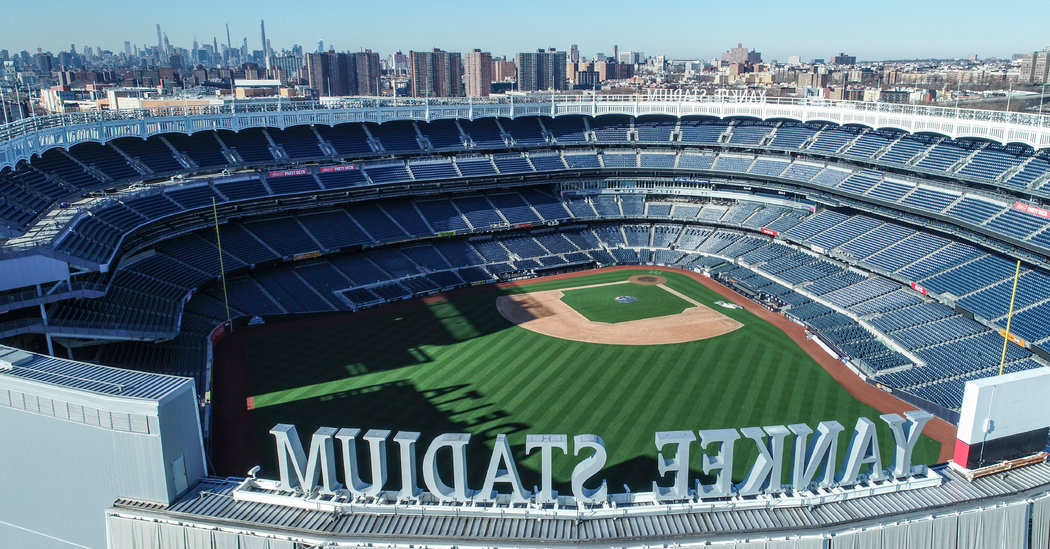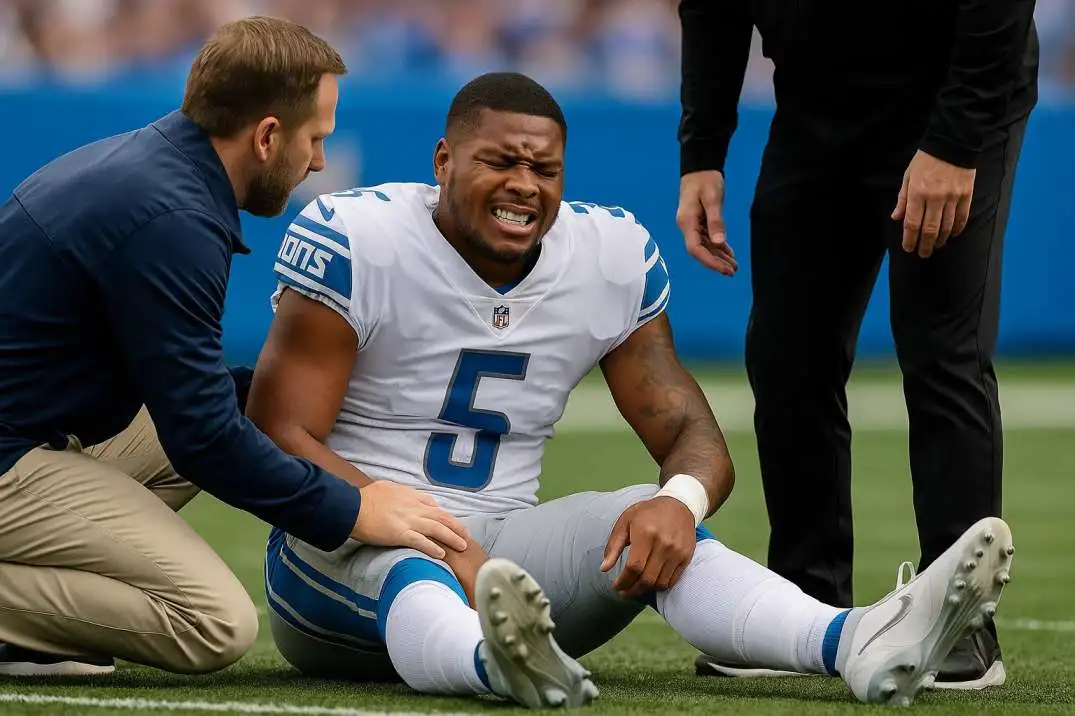Nearly 60 Yankees players and their coaches will gather on Saturday at Yankee Stadium in the Bronx for full-squad workouts. It will be the first time everyone is together again in one place since March 12, the day Major League Baseball shut down spring training because of the coronavirus outbreak.
After four months of upheaval, contentious negotiations between the players’ union and team owners, and a lot of home workouts, Yankees Manager Aaron Boone insisted on Wednesday that the club’s original mission remained the same.
“Because circumstances and certainly this season have changed, that goal doesn’t change: We want to be champions,” he said on a conference call with reporters.
They were on a short list of favorites to win the title when they first convened in February, after having fallen two wins short of reaching the World Series last fall. They figured they had added the missing piece they needed — the top-flight pitcher Gerrit Cole, whom they signed for a record $324 million contract over the winter — to claim their first title since 2009. Now they just have to find a way to do it over a 60-game regular season, instead of the normal 162.
“I do think one of the separators this year is going to be the teams that are able to find that energy, to find that focus, to find that edge on a daily basis in what is going to be unique and challenging circumstances,” Boone said.
Latest Updates: Global Coronavirus Outbreak
- Grim virus milestones continue to sweep across the U.S.
- Texas cities are being thrown into crisis mode.
- More Republicans embrace masks despite resistance from Trump.
Across M.L.B., Wednesday was report day for summer workouts. A handful of players arrived at Yankee Stadium around noon, all donning masks. Players underwent another round of physicals, but there was a new M.L.B.-prescribed intake screening: temperatures were taken, and coronavirus and antibody tests were administered.
Most M.L.B. organizations have already dealt with cases of the virus among their players and staff, including the Yankees — two of their minor league players tested positive in March and a handful of staff members did so in Tampa, Fla., did last month.
General Manager Brian Cashman said in a Tuesday conference call that everyone had recovered, and that in most cases the symptoms had been “extremely mild.”
But in the coming days, more cases could emerge as M.L.B. begins testing players and on-field staff every other day, and essential staff multiple times a week, as stipulated by M.L.B.’s 113-page manual of health and safety protocols for the 2020 season.
While praising the breadth of the protocols, Cashman and Boone acknowledged a level of unpredictability in the season.
“If this year has taught you anything, it’s to understand that anything is possible with this,” Boone said, referring to the virus. “All I know is that in my world, my job and my focus is to comply as best I can and comply as best as a team that we can.”
In recent days, Yankees officials have rushed to adapt their workouts, and Yankee Stadium itself, to the new health and safety requirements. The Yankees’ first choice for a second camp was their sprawling spring training facilities in Tampa, but as the virus surged in Florida they decided to return to their home stadium.
It will be unlike any preseason camp they have experienced. To follow social distancing rules, Cashman said players and staff at Yankee Stadium will spread out between the home, visiting and auxiliary clubhouses. Both the home and visiting bullpens and batting cages will be used. Pitchers may even use the stadium’s concourses to play catch, and training tables might be set up in open areas for better ventilation.
“We will utilize every aspect” of Yankee Stadium, Cashman said.
As soon as workouts begin, Boone said he expected pitchers, who have been throwing bullpen sessions over the past few months, to face their teammates. Intrasquad games are expected later in camp.
Cashman said four key injured Yankees — pitcher James Paxton (back surgery), and outfielders Aaron Judge (fractured rib), Aaron Hicks (Tommy John surgery) and Giancarlo Stanton (calf strain) — had been able to continue rehabilitating during the hiatus, and he was optimistic they would all be ready for opening day on July 23.
But Cashman was aware that his team’s status as favorites might have been dented by this season’s untraditional circumstances. Games will be, at least to start, in front of empty stands. Players and support staff will have to adjust their routines in several ways, at and away from the stadium. On the field, there are many new rules, including a runner on second base to start extra innings. And the Yankees will have just more than a third of the usual runway to separate themselves from the rest of baseball.
“In a shortened season, it heightens the ability for anybody to take a shot at the title, ” Cashman said.
Before Saturday’s workout, Boone said, he planned to deliver a message of collective responsibility to the team. Some new regulations may be challenging or feel like a nuisance, he said, but everyone’s health, most importantly, and the viability of the season depended on it.
“I believe one of my biggest jobs will be to make sure that there is a message that guys are constantly enforcing with one another,” Boone said, “and that we’re constantly holding each other accountable.”
Of course, when he makes those comments, Boone said, he will likely do so outside and to three or four smaller groups. Just another adjustment in what will be a season full of them.








